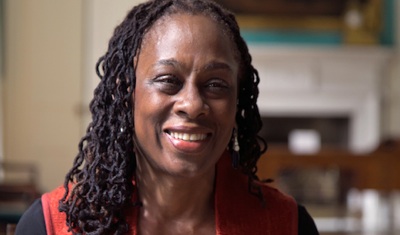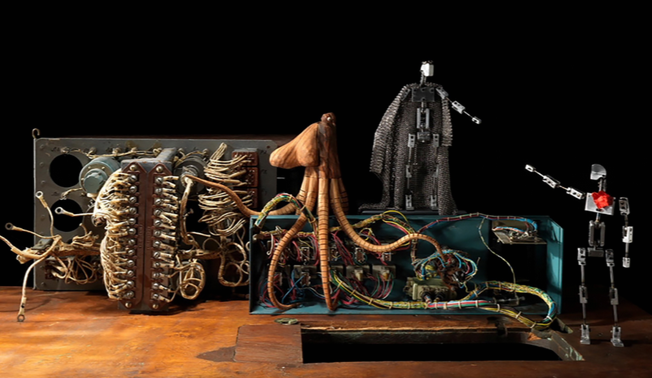Chirlane McCray
[Black History Month]
First Lady’s presentation at Department of Health and Mental Hygiene Black History Month event.
There is so much important work happening at the Department of Health and Mental Hygiene. But I am particularly interested in your efforts around early childhood and mental health.
I was proud to help Mayor de Blasio and a broad coalition of parents, advocates and educators launch New York City’s universal pre-K system. And I will continue to partner with George’s team to build on these efforts and make sure the youngest New Yorkers are getting the nurturing they need and stimulation they crave. If there’s one thing I’ve learned as a parent, it’s that our children start learning from the moment they enter the world.
My interest in mental health also springs from personal experience. And because we’re celebrating Black History Month, I’d like to tell you a little bit about my own family, and how their experience inspired me to join you in this work.
My maternal great-grandmother was a remarkable woman named Louisa Parris Edwards. Louisa was born and raised in Barbados and got a job working on a mail ship that traveled between the islands of the Caribbean.
A wealthy family took a liking to her and invited her to work for their family in Claremont, New Hampshire. She accepted the offer and brought her children. And eventually she saved up enough money to buy the little house on Mulberry Street that my mother was born in.
It’s tempting to frame Louisa’s story as another American Dream fulfilled. And in many ways, that rings true—my great-grandmother was able to achieve things in this country that would not have been possible in Barbados.
But the full story is much more complicated than that. Like so many African Americans, she spent much of her life struggling to make a better life for herself and her family and fighting racism.
And because she was not made of steel, I’m sure that sometimes Louisa felt like giving up. I’m sure there were days when she wondered if all her sacrifices were worth it. My parents also worked really hard for everything they achieved—a struggle that took a toll on them.
My mom worked in an electronics factory, and my dad was a World War II veteran who worked at a military base. They were also landlords. And through hard work and perseverance, they built a loving, stable home for my siblings and me.
These achievements are all the more impressive when you consider the fact that at times, they both suffered from depression, although neither of them would have called it that.
I often wonder how much happier their lives might have been if they lived in a world where people were encouraged to talk about mental health and seek help when it was needed. We’ve come a long way as a nation in the 60 years since I was born. But we still have a long, long way to go.
Just look at the numbers. Your colleagues here at DOHMH recently conducted an analysis of serious psychological distress in New York City broken down by race. They found that African Americans in distress are significantly less likely than white New Yorkers to have received treatment in the past year—30 percent compared to 48 percent.
Of course, it’s not only African Americans who would benefit from appropriate mental health services. Many other ethnic groups are effectively shut out from getting what they need.
So the question before us is this: What can we do as a city to make sure that everyone has access to the mental health services they deserve?
I’m so excited to work with all of you to start answering that question.
As you have probably heard, the Mayor’s Fund—which I oversee as Chair—is working with DOHMH and the Fund for Public Health to create a roadmap for a more inclusive mental health system.
When I say a “more inclusive” system, I mean a coordinated offering of services and one that includes resources in every community, so people don’t have to travel far and wide to get help. One that connects people to therapists who understand their language and culture.
I don’t have to tell any of you that this work won’t be easy. In order to achieve our goals, we must be bold, work hard, and embrace change.
We need a can do, not a can’t do attitude.
I know change isn’t always fun. When you are making change, there are always moments when you ask yourself whether it is worth all the trouble.
Those moments of doubt are inevitable when you’re taking on the status quo. But those moments are also a sure sign that you are on the right track. In order to make history, you have to step off the path of least resistance, step out of your comfort zone, and blaze a new trail.
So let’s do it—let’s make history! Not just for our own sake or the next generation—but also for the sake of our parents, grandparents and great-grandparents, who sacrificed so much to get us to this point.












